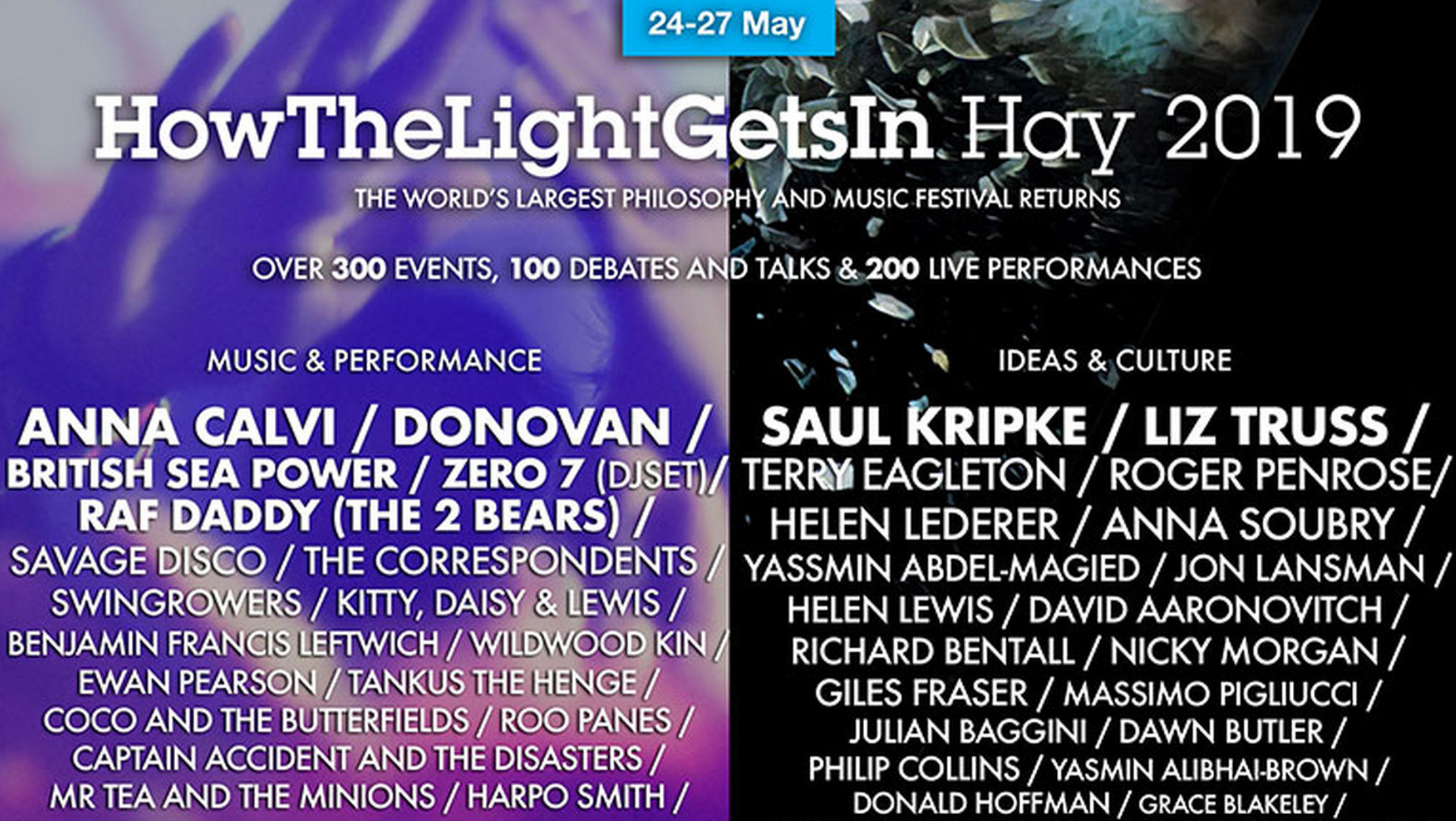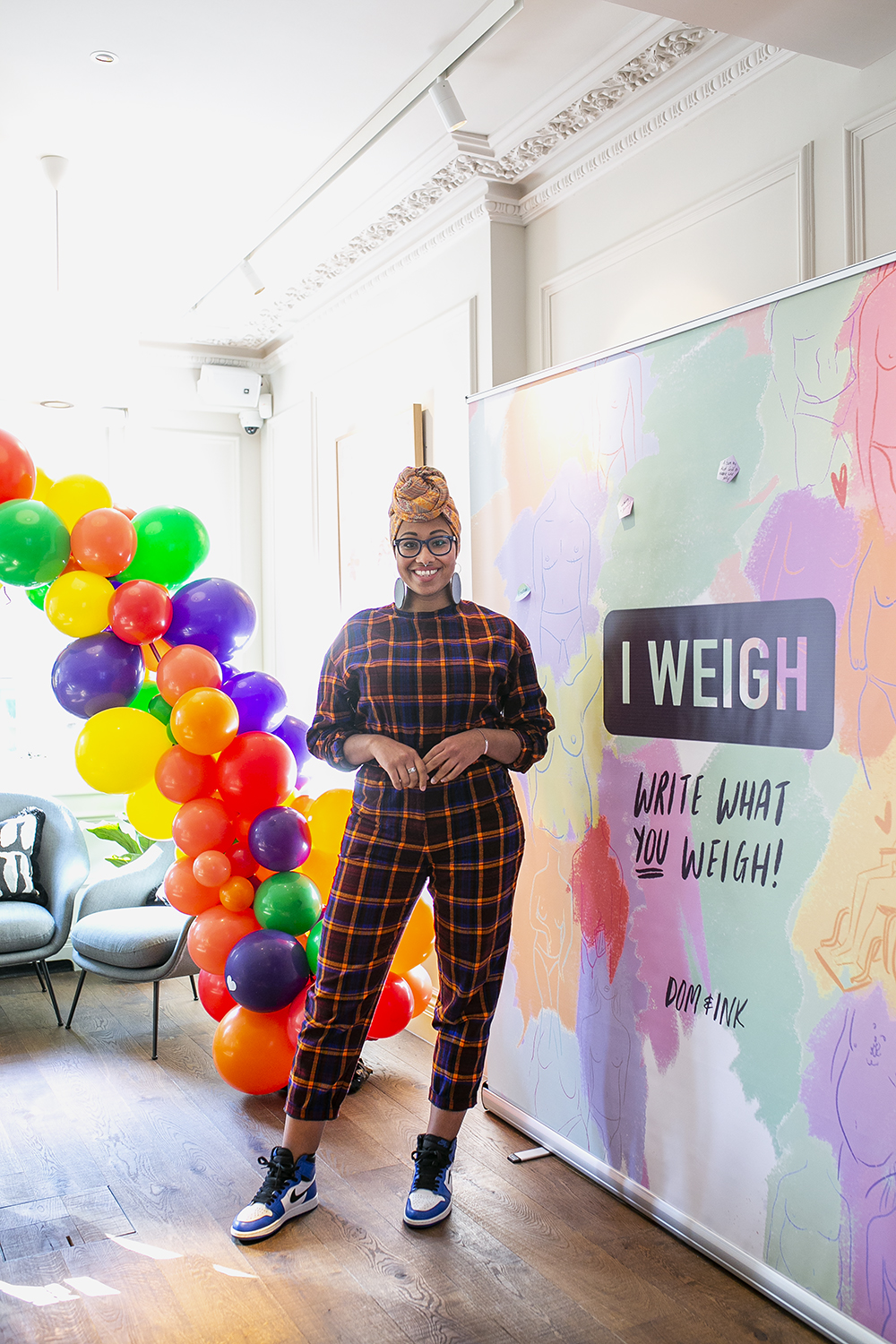
On the 7th of November, I had the honour of debating with the likes of Julian Burnside, Uthman Badar and Thomas Keneally on a pretty interesting topic: whether God and His Prophets should be protected against insult.
I was pretty nervous and excited about the affair, as can be seen in blog posts here prior to the event.
The debated was screened on BBC World to an audience of about 70 million on the last weekend of November, and you can check out the video here.
This is the transcript of the speech...
***
God / The All-Compassionate / The All-Merciful / The Source of Peace / The Creator / The Maker of Order / The Shaper of Beauty The Forgiving / The Knowing of All…
And then we have us. Flawed, fallible, full of passion and fire, and so very…human.
How can we deign to think that we – the creatures that we are – should protect God from insult?
Good evening ladies and gentlemen
The topic we have before us today is ‘that God and His Prophets should be protected against insult’.
Tom Keneally and I effectively are arguing against this hypothesis. From a definitional point of view, the topic is understood as follows:
‘God’, in monotheistic religions, is taken to mean ‘the creator and ruler of the universe and source of all moral authority; the supreme being’.
The word is also sometimes used for emphasis to express a particular emotion, such as “God, what happened here?!” although that is not always approved by everybody.
‘Prophet’ is ‘a person regarded as an inspired teacher or proclaimer of the will of God’.
‘Should’ is used to indicate obligation or duty.
‘Protect’ is to keep safe from harm or injury.
‘Insult’, in its noun form, is a disrespectful or scornful remark.
***
There are a couple of interesting questions that this topic raises.
What (or who) deserves our protection, as individuals and as society? Should we be protected only from things that will harm or things that have the potential to cause harm?
On the other hand when it comes to insult it must be asked: Is freedom, or freedom of speech absolute? It clearly isn’t, as the existence of laws, rules and regulations mean that there are levels of restrictions on what we can and cannot express.
What is the difference between freedom of speech and expression, and the allowance for insult or incitement of hatred? What is the difference between the two? If freedoms are not actually absolute but do come with restrictions, what limits do we have? Who upholds these limits? How does freedom fit around the concepts of responsibility and society?
***
Tom and I will be tackling this topic from different perspectives.
I will address three arguments.
Firstly, I will posit that God, as a supreme being, does not require the protection of mere humans to protect Him from any harm or injury. Where the damage is being inflicted is on the followers, and so protection, if any, is more about the practitioners of the religion. Furthermore, if God is known to be above insult, then what is the anger really about? It is there something else going on?
Secondly, I will argue that freedom of expression is important to sustain a functioning, thriving, growing society and that said freedom is protected within religions. This does however, come with important caveats if we are to live in a functioning civilisation.
Thirdly, I will wrap up by addressing violence as a response to insult. This is unequivocally unacceptable, although perhaps unfortunately, understandable. I will humbly suggest that the end does not justify the means, and that in any response to insult, the best examples should be followed.
Tom will then continue by talking about how the concepts of blasphemy and sacrilege, and punishments for them, are not viable in a ‘free speech’ society and how mutual respect is the only ultimate guarantee of respect for God and the Prophets.
***
The concept of ‘protection’ brings to mind a dynamic whereby the strong protect the weak and those with power protect the powerless. Do we honestly think that we can protect God and His Prophets? For the insult to be incitement to hatred and beyond, the recipient would be harmed by it. God and His Prophets are surely above our mere words…
So what is going on here then, beneath the anger at an insult?
When people stand against insult, mockery and derision of God and His Prophets it is unlikely due to the fact that they think the words will cause harm or injury directly. It is more likely a reflection of the pain they have felt due to what they love and revere being treated with contempt and ridicule.
Mockery and derision are manifestations of a disrespect and a lack of sensitivity. God and His Prophets shouldn’t necessarily be ‘protected’ themselves, rather, we should focus as a society on respecting people, as we are the ones who feel the pain and hurt. If we are to live in a civilised society, a level of respect towards what others deem sacred is critical.
There is also the added factor of where the insult is coming from and its intent. Reactions in the Muslim community, for example, that may seem disproportionate may be exacerbated by what some regard as worsening attitude towards Muslims by, dare I say it, the West. That frustration may manifest itself in a grievance towards free speech.
What is it we are trying to achieve? If it is a civilised society where we all respect one another’s sacred beliefs, is the any protection truly going to be the key or will it be a band aid forcing attitudes underground?
***
My second point touches on the universal concept of freedoms, and more specifically, freedom of speech and expression.
It’s a freedom that cannot be understated, and it is enshrined in the Universal declaration of Human rights, in article 19. It is why we are able to be here and I am able to have this debate.
There is danger is presenting religion and free speech as mutually exclusive, as incompatible. Without freedom of expression, which is a bedrock of democracy, open discussion of ideas becomes difficult.
However, if an insult comes with an intent to incite hatred then it moves out of the realm of simple freedom of speech. I would argue that incitement to hatred is a different beast altogether. That’s not an insult, it is a vindictive act driven by altogether sinister motivations.
Freedom of expression comes with a level of personal responsibility. We are all individually responsible for our intentions, choices, sayings and actions in the community that we live in.
There shouldn’t be a need for protection because individuals who practice free speech should bear the responsibilities of their expression.
***
With that, I come to my third point.
I believe we should follow the examples of those who lived their lives with virtue. It may not be surprising to find that such figures, such as the Prophet Mohammed, did not demand protection from insult.
On the contrary, he was insulted and abused often in his life.
He never responded to these events with violence. In fact, he often did the opposite.
There is one particular example that I enjoy.
God sent the Angel Gabriel to the Prophet after what we shall call a particularly bad day.
'Muhammad! Allah (The Glorified and the Exalted) has heard what your people have said to you. I am the Angel of the Mountains and my Lord has sent me to you to carry out your orders. What do you want now to be done? If you like I may crush them between the two mountains encircling the city of Makka.
The Prophet (may Allah's blessings and peace be upon him) replied with this:
(I do not want their destruction) I am still hopeful …
So those who have used violence in order to ‘protect’ the Prophet cannot say they were following the example of the very man they model their life on.
***
Ultimately, ladies and gentlemen, God and the Prophets are surely above our insults. They, if you will, transcend the limitations of humanity and the mere concept of us being able to protect them is irrational.
Furthermore, the concepts of free speech and freedom of expression are extremely important to a functioning democracy, so that ideas can be exchanged and built upon. It should always be remembered though that with the right to freedoms does come some level of personal responsibility.
Moreover, violence is an unacceptable form of protection in any situation, particularly when it comes to religion and spirituality. So even in the face of insult, which may be hurtful and derogatory, we would do well to respond in the best way possible, not only in the interests of civilisation but in the interests of showing the best sides of what faith can provide.
***
16:125 Invite (all) to the Way of thy Lord with wisdom; and argue with them in ways that are best and most gracious: for thy Lord knoweth best…
Reflection
Check out my reflections on the event here!
What are your thoughts?
Cheers,
Yassmin Abdel-Magied









